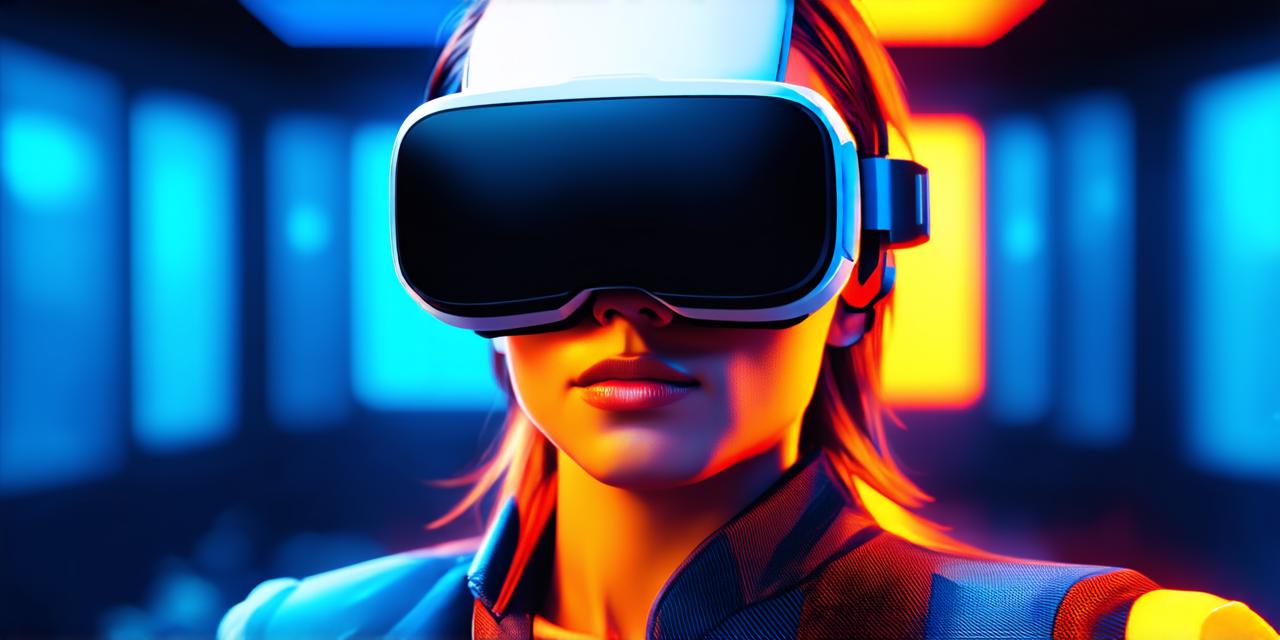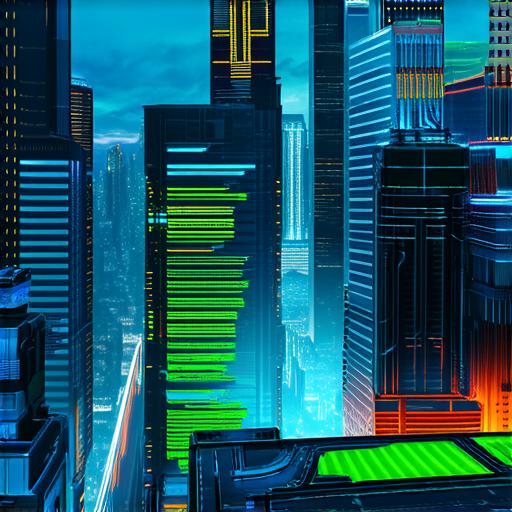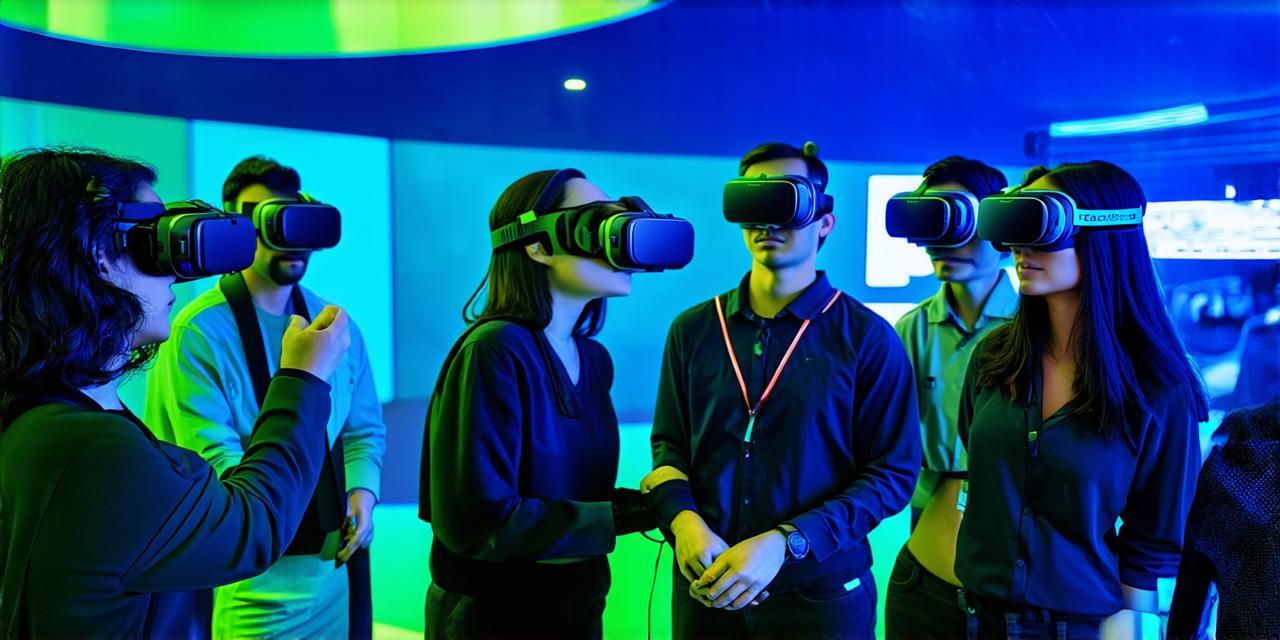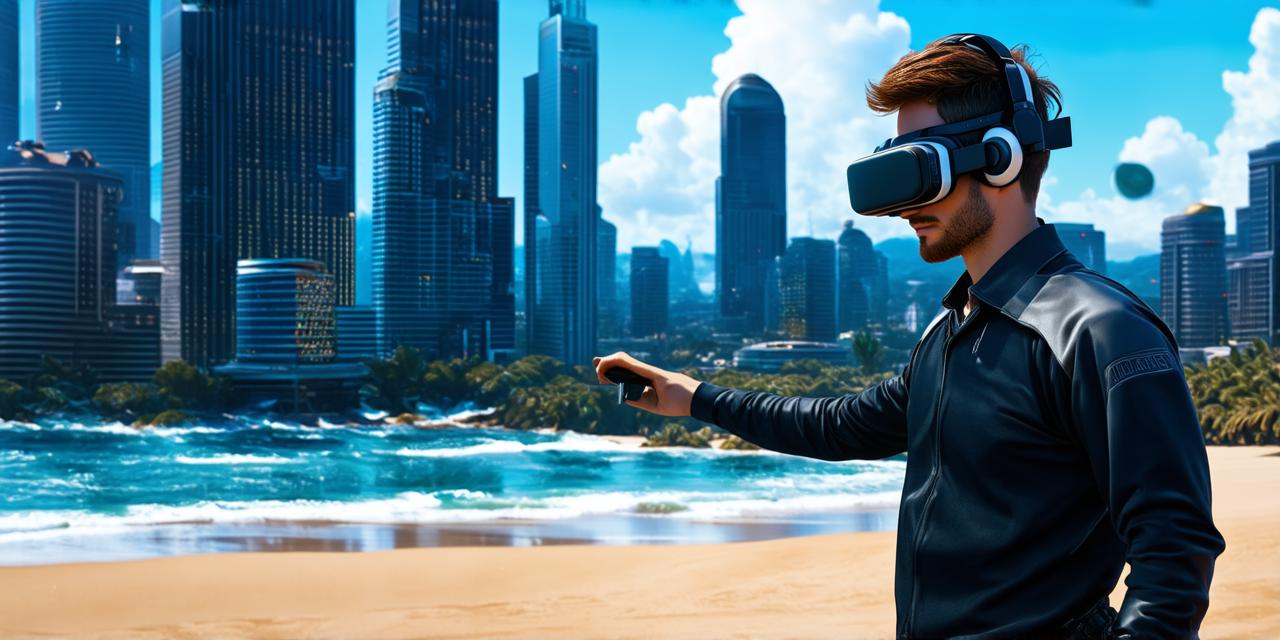
How is VR going to change the world?
Virtual Reality (VR) is a rapidly developing technology that has already transformed many aspects of our lives, from gaming and entertainment to education and healthcare. But what does the future hold for VR and how will it continue to shape the world around us? In this article, we will explore some of the ways in which VR is likely to change the world in the coming years.
Table of Contents
ToggleImmersive Learning
One of the most exciting applications of VR technology is in the field of education. With VR, students can experience immersive learning environments that allow them to explore and interact with concepts in a more engaging and memorable way than traditional classroom settings. For example, VR simulations can be used to teach science students about the human body or space exploration, or to help language learners practice their conversational skills in virtual scenarios.
Virtual Travel
Another area where VR technology is likely to have a major impact is in travel and tourism. With VR, people can experience the sights and sounds of far-off places without ever leaving their homes. This could revolutionize the way we travel, making it easier and more accessible for people to explore new cultures and landscapes.

Virtual Workplaces
As remote work becomes more prevalent, VR technology is likely to play an increasingly important role in virtual workplaces. With VR, employees can collaborate in virtual offices, attend meetings in 3D environments, and even work together on tasks that require physical presence. This could lead to greater flexibility and productivity in the workplace, as well as reduced costs for companies.
Virtual Therapy
VR technology has also shown great potential in the field of therapy. With VR, patients can undergo treatments in virtual environments that simulate real-life scenarios, such as flying over a mountain range or swimming in an ocean. This can be particularly useful for treating conditions such as PTSD or anxiety disorders, where exposure to real-life triggers can be difficult or dangerous.
Immersive Entertainment
Finally, VR technology is likely to continue to revolutionize the entertainment industry. From gaming to movies and concerts, VR offers a level of immersion that has never been possible before. This could lead to new forms of storytelling and interactive experiences that engage audiences in ways that traditional media cannot.
In conclusion, VR technology is already transforming many aspects of our lives, from education to travel and entertainment. As the technology continues to develop, it is likely to have an even greater impact on the world around us, changing the way we work, learn, and interact with each other.

